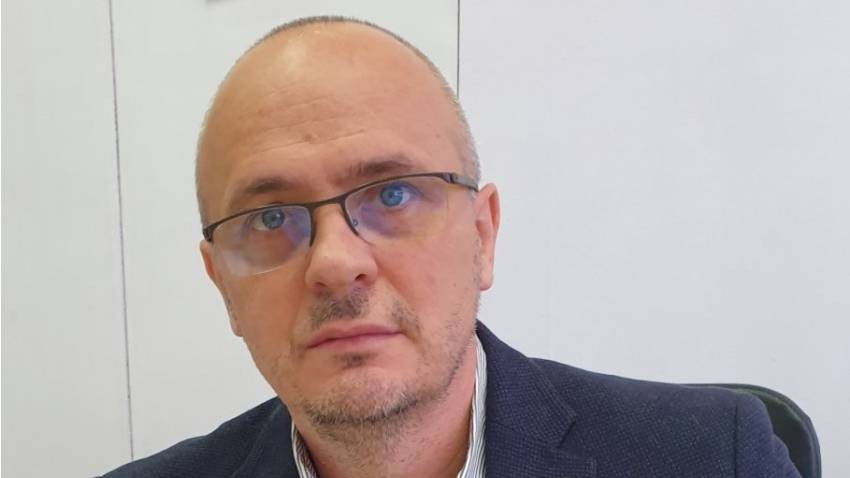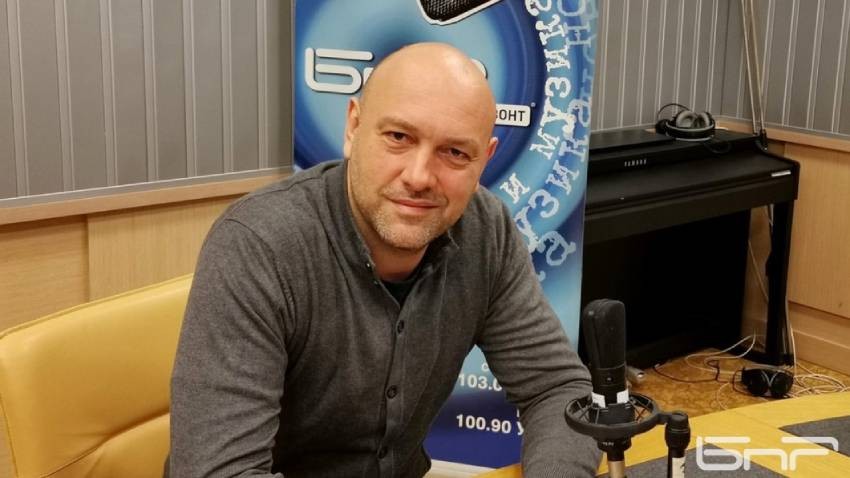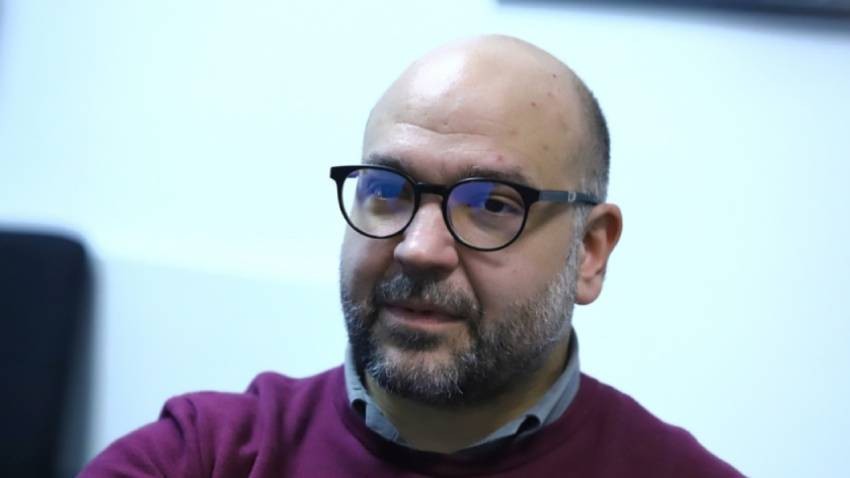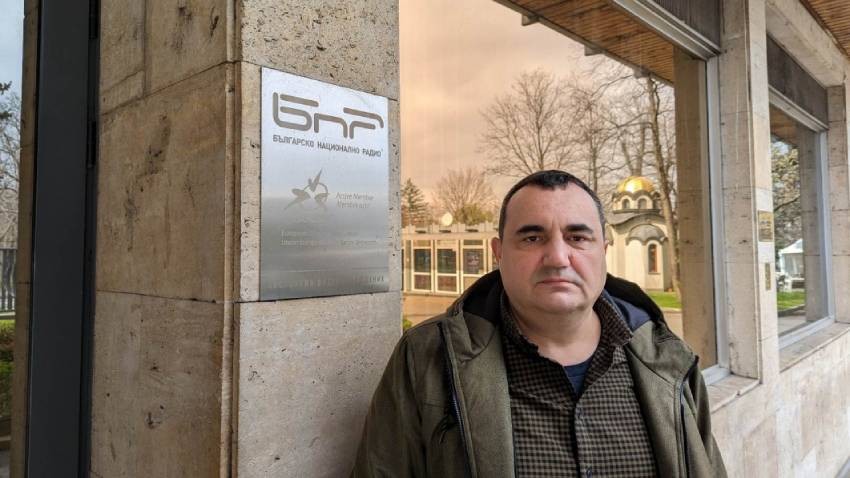The names of the 240 new MPs who will take their seats in the 49th National Assembly of Bulgaria are now known. What the time horizon of the new legislative body will be is still anyone’s guess. Six political formations entered the new parliament after the 2 April general election, and it looks like forming a stable majority between the first two formations will be a difficult job, after the coalition We Continue the Change-Democratic Bulgaria refused its support for a government with the participation of their opponents, the winner in the election GERB-SDS.
“Nothing out of the ordinary can be expected after the election, but we could expect something more stable. The parties have been subdued, and that is because the winners traded places – We Continue the Change-Democratic Bulgaria expected to win, but they didn’t,” explains political analyst Georgi Kiryakov in an interview with BNR-Plovdiv, and adds that the role of the pilot on the plane is, at the moment being played by the president, and it will be difficult for the politicians to regain control of it:

“They are very close to the ground, very rooted, none of them looking farther than the furrow they have dug. Aerobatics is not something that comes easy to politicians. If they were such good pilots then we wouldn’t be looking at one more election, the sixth in a row.”
Political analyst Dimitar Avramov says a government on the first mandate could still be formed, with the support of the Movement for Rights and Freedoms (MRF), the Bulgarian Socialist Party (BSP) and, possibly, of the smallest formation in parliament There Is Such a People, as GERB managed to reach a last-minute agreement with the MRF and the BSP on some issues, including the next round of amendments to the electoral legislation.

“This partnership could be made official in parliament with a more flexible model, not exactly a coalition partnership. There will have to be some kind of political agreement, of course. The Movement for Rights and Freedoms have not been formally in power for a long time. And for the Bulgarian Socialist Party this will be their last chance. So that both parties are highly motivated to partner up, and to support this mandate. As to There Is Such a People – it is not clear what political motivation there is there because it is a party that, in the space of one year and a half, crashed, and from first political force plummeted to around the electoral threshold mark of 4%. It is not at all clear whether there is any political rationality there or any consistent behavior.”

The refusal of the second biggest political force in parliament We Continue the Change-Democratic Bulgaria to support GERB is not enough as a message conveyed to the electorate. What they should have done is to say what alternative they are offering, says political scientist Hristo Panchugov.
Everything that happened was known beforehand, after a solution was not found in the previous parliament to the problem of forming a government around GERB, journalist Veselin Stoynev said for the BNR:

“But that did not happen because there are processes taking place within the We Continue the Change-Democratic Bulgaria coalition owing to their leaders, and these processes are deepening. They seem unable to prioritize what lends the coalition identity. On the one hand – GERB and the fight against corruption, and on the other – their Euro-Atlantic orientation. As it turns out you cannot have both, and you have to adapt to the situation,” Veselin Stoynev says. “When you try to keep the promises you have made - judicial reform, anticorruption laws, entry into the Eurozone and Schengen - you have to do that within the bounds of the steps it is possible to take in that direction. If you sit in a corner like some kind of Hesychast waiting for the world to come to you, instead of going out to the world, then obviously you will not achieve even the smallest element of all this.”
How the political scenario is going to play out is something we shall find out after 12 April, when the new members of parliament will take their seats, after which the procedure will be set in motion for the formation of a regular government of Bulgaria.
Interviews by Vesselina Peeva and Dimitar Vladimirov, BNR-Plovdiv, Silvia Velikova and Diana Yankulova, Horizont channel, BNR
Compiled by Yoan Kolev
Translated from the Bulgarian and posted by Milena Daynova
Photos: BTA, BGNES, BNR, archive
The latest in the string of snap elections for parliament is over but, except for a slight rise in voter turnout compared to the election in June this year, it is still hard to say what the political configurations might be that could lead to the..
There are 23 polling stations where Bulgarians can vote in Greece today. They are five less than their number in the previous election on June 9 this year. The most sections – five – were opened on the island of Crete . They are located in..
Completely calm and normal, according to the law, the election day is taking place in the only open polling station in Kuwait. The Bulgarian community in the Arab country numbers about 300-350 people , mostly highly educated specialists in the fields..
The coalition We Continue the Change-Democratic Bulgaria (PP-DB) , which came second in the October 27 parliamentary elections, has accepted an invitation..
A new party called Bulgaria Can (Bulgaria Mozhe) was founded today. Its leaders are the political and economics analyst Kuzman Iliev and the former MP..
GERB leader Boyko Borissov has sent a letter to the We Continue the Change-Democratic Bulgaria (PP-DB) coalition proposing a way out of the political..

+359 2 9336 661
